#attachment trauma
Text
Bouncing back and forth between “i don’t wanna be alone” and “i want to isolate myself” is quite the wild ride.
But incase you weren’t aware, these are both ways a fear of abandonment can show itself.
#abandonment trauma#abandonment#attachment trauma#mental health#dealing with grief#heartbroken#abandoned#abandonment issues#cptsd coping#fearful avoidant#attachment#anxious attachment#dismissive avoidant
2K notes
·
View notes
Text

#bpd#actually bpd#mental health#bpd shit#actually borderline#bpd shitposting#bpd problems#mental illness#bpd mood#bpd meme#attachment trauma#attachment disorder
186 notes
·
View notes
Text
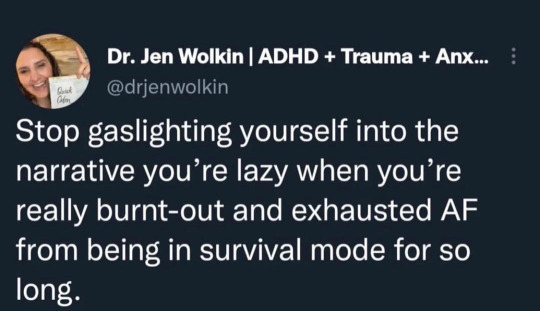
✌🏼
#actually adhd#autistic adult#actually dissociative#attachment trauma#healing#highly complex did#polyfragmented#ramcoa#inner child healing
126 notes
·
View notes
Note
As someone overwhelmed at the prospect of reparenting myself, where do I start?
I'm sorry I didn't see this earlier, I've been using social media very sporadically this year. I have a lot of thoughts on this topic to share that are based on my long and ongoing healing journey.
This is going to be a lot of information about something that's already overwhelming, so I've tried to include advice on how to deal with the overwhelm of it all.
Disclaimer: I'm not a mental health professional. With that in mind, these are what i consider the main aspects:
Physical Reparenting (getting your needs met/asking for help)
Emotional Reparenting (understanding what you're going through)
Finding Other Kids to Play With (making healthy connections) (highlighted because it's the one most personal to me!)
1 - Physical Reparenting: getting your needs met/asking for help
I put this at the top because you need to stay alive in order to heal, and sometimes that's all you can manage. That means feeding yourself and your dependents, cleaning, doing laundry, UGH. Your parents didn't teach you how to do any of that, but other people can. And when you don't have the energy to ask, or you feel too ashamed, you have the internet!
A search engine can help you with even the most basic of topics. How do I brush my teeth? How do I do my laundry? How do I make friends?
Importantly, there is now lots of advice on how to do these things when you're struggling. For example: disposable paper plates and cups mean you don't have to do dishes. There are recipes you can learn so you can get a healthy meal with minimum effort.
I've found reddit great for this, eg: mom for a minute and cleaning tips. I've usually found that you can ask anything, even the most embarrassing thing, and people will either give you advice or direct you to where you can find out more.
You can't learn it all at once: focus on one thing at a time and find something that works. Once you've built the muscle memory for that one thing, you can focus on learning a new thing. That way, over time, you can build up your toolbox and turn your attention to other things. Such as...
2 - Emotional Reparenting: Understanding what you're going through
Often when we're abused or neglected, we lack the language to articulate or even understand what we went through, let alone heal from it. Once you understand what happened to you and why you act the way you do, you can start to figure out how to come back from it. This is where you learn to parent yourself emotionally.
There are lots of resources, so find one that resonates with you. Stick with it till you've got what you need from it, then move onto the next.
Here are some resources I've personally found helpful, based on what form of media you like to consume.
Books: From surviving to thriving by Pete Walker, The Body Keeps the Score by Bessel Van Der Kolk
Podcast: Respectful Parenting by Janet Lansbury. This is aimed at parents of infants and toddlers, but I'm finding it extremely helpful in being compassionate to myself and others when feelings are running high.
YouTube: Heidi Priebe; The Crappy Childhood Fairy. These two make videos on attachment trauma and various things related to CPTSD. Also on specific issues that crop up in our relationships and daily lives. They also are great for recommending other resources that you might find helpful.
3 - Finding other kids to play with: Making healthy connections
Playing is super important, whatever age you are! So many of us were too busy parenting our parents, or we never had anyone to play with, or we only ever got bullied. It's an essential part of childhood development that we missed in some way. This is something I find distinct about reparenting and treating childhood trauma.
This is hardest part by far, imo, but a vital one. Going to therapy is a great step. Devouring content and learning how to meet your basic needs is essential. But I believe true healing can only take place by establishing and maintaining genuine connections with others. Playing is the perfect way to do that!
Connecting with people is easier said than done, so how the heck do you go about it, you may ask? Keep going, gentle reader, because I have got some tried and tested advice for you!
This is the long one, so skip to the bottom for the tldr.
Mental health support groups are great, but spending all your time talking about how miserable you are can get you stuck ruminating and make you feel even shittier. That's something to be mindful of.
I recommend joining a group activity, like a sport, band, or gaming club.
Ideally something you're passionate about, your hyperfixation, even if it feels cringe. A structured activity gets everyone motivated to meet up regularly (something that's very hard to do for the purpose of just hanging out); all the burden of making conversation is taken off because you can all focus on the task at hand; and you have to practice communicating with one another to make it work.
Connecting with people is scary, and you will make mistakes and get hurt. It's important to keep trying anyway.
You will run into people like you, who are suffering and trying to better themselves. They will act out because they can't help it. They'll flake, they'll ghost, they'll accuse you of being abusive because they can't tell if it's abuse, a genuine mistake, constructive criticism, what have you. They sometimes turn into abusers themselves because they're now in a situation where they can punch down and get away with it. That makes people feel powerful in a way they've never felt before, which is seductive.
You might do any and all of these things, but you can learn to fix your behaviour. You will find people who'll establish appropriate boundaries, support your growth, and you will emerge as a healthier, better person.
The key is to find a peer group that is committed to healing together.
This takes time and experimentation, but you are not alone. You will find people of all ages and walks of life who will walk this path with you. This is what all the resources and books are for: learning to identify how to make connections and build a community that's healthy and supportive. Where you will probably fuck up and hurt each other, but will fight to come back from it and fight to grow together. This is where you will build the healthy, enriching relationships you should've have from the very beginning.
You may need to sever unhealthy connections.
It's extremely painful and difficult to cut off a family member, partner, or friend who's bad for you, and this is a whole topic on its own. However, you can develop a sense of when to stay and when to leave, and even though it's hard and lonely, you will be able to find people who are better for you. That will make it easier to know who to commit to in the long run.
TLDR: Focus on the social thing that brings you the most joy.
It takes a few tries to find out what is the best thing for you. Once this is stable, then you can expand your horizons.
Personal example: For this entire year, my main social focus has been keeping my Dungeons & Dragons groups going. I have two games a week on average, so I get to DM and play. Now that that's stable, I can go back to other friendships, and stuff I neglected (such as social media). The people who are worth it are the people who would never hold it against me for going off the grid for awhile.
I hope this has been helpful!
#reparenting#inner child healing#trauma recovery#trauma#complex ptsd#ptsd recovery#mental health resource#cptsd#attachment trauma#long post#my thoughts#anyone is free to dm me about any of this#feel free to share your own thoughts or insights
24 notes
·
View notes
Text
One of my cPTSD triggers is other people being in a bad mood.
A traumatized piece of my brain believes that if anyone in my surroundings is grumpy, stressed, etc on any level, that I am unsafe.
I didn't fully recognize this until the last year or so. I just knew I was anxious but wouldn't realize what the trigger was. It's nice that I know what is happening now. But I still don't really know how to stop it or cope with it all that well.
I remind myself that my brain is just thinking I'm unsafe, when I'm actually safe. That my current home environment isn't the same as the one I grew up in. It helps a tiny bit.
But I mostly stay hypervigilent, over-analyzing how much talking is happening vs 'normal', the tone of voice used, any sighing, any mistakes that happen and how those are reacted to...because that part of my brain thinks that making mistakes when someone is in a negative mood means they'll attack me. It's not like feeling panicky, it's this lower level of anxiety that has a really uncomfortable buzz to it. It makes it hard to relax enough to do something like watch a show or do something artistic.
And while part of me feels over-activated, I somehow simultaneously feel somewhat shut down.
Grounding techniques feel kinda nice but don't really seem to change anything.
So, this is on my list of things to work on.
#cptsd#complex ptsd#attachment trauma#childhood neglect#insecure attachment#anxiety#hypervigilance#ptsd
34 notes
·
View notes
Text
A thing about being polyfragmented I find so hard (besides all of it) is how often a new part will come out and share a name/age/interests/what they hold or whatever. And then... woosh! Do we ever hear from them again? Anyone's guess. It can sure feed the denial.
I know a huge aspect of this is also not having had a container to do the work properly for years now. So much inside is shut away. It needed to be. And I'm terrified for it to ever come back out. It wouldnt be healthy to come back out how it did back then, that therapy was not contained enough. But at some point it needs to, in a safe away. I just am so sad for so many parts who we were helping and then.. just.. survival took over and they're back shut away holding all the awful shit. It's so sad. I wish we could help on our own. But it's too much and too dangerous without the right support.
#complex trauma#dissociative identity disorder#attachment trauma#actually did#ramcoa#ra survivor#polyfragmented#polyfrag system
107 notes
·
View notes
Text
Fun fact I've learned through therapy:
The regions of your brain involved in and the neural processes occurring in response to shame, rejection, and other social-emotional pain are extremely similar to those in response to physical pain.
[Source 1] [Source 2] [Source 3]
Obviously they're not identical when you get into the granular patterns.
The point is that the brain's overall neural response and the areas engaged activate the same fight/flight/freeze/fawn to something it identifies as danger similarly, regardless of if the source of said danger is physical pain or social pain/social rejection. Your brain sees that kind of pain as just as dangerous as physical pain. Therefore the neurological and behavioral trauma response patterns engaged follow similarly.
Stop minimizing your trauma, folks.
#trauma#toxic shame#emotional trauma#attachment trauma#therapy#trauma recovery#brain chemistry#original post
47 notes
·
View notes
Text
The Warning Signs of Developmental Trauma
1. Deep-Seated Shame
The child may consistently express a sense of being defective in some way- being stupid, ugly, fat, disgusting or permanently flawed in some other way. The verbal cues may be any one of the following: “There is something wrong with me”, “Nothing that I ever do is good enough”, “I am bad”. Indications of such toxic self-hatred may be the precursor to self-harm or even thoughts of suicide.
2. A Sense That There is No Ground and Powerlessness
Children suffering from developmental trauma feel that they are lacking a foundation in this world. Lacking this “ground” contributes to a feeling of powerlessness and even feeling inappropriate inside their own bodies. This often results in feeling vulnerable to becoming easily overwhelmed to feeling like “I’m breaking down”.
3. Becoming Hopeless and Despairing About Life
Children who have experienced chronic emotional trauma develop a sense of hopelessness that they will ever be understood. This despair can lead to losing the sense that life has any meaning. Faith in people and in continuing such a meaningless existence can fade leaving the child seemingly incurably despondent.
4. Hyper-Vigilance and Inexplicable Fear
It is well known that those who suffer trauma live with an activated amygdala, which is experienced as a constant state of arousal. This reinforces the sense of persistent danger lurking. The child who suffers developmental trauma often cannot relax is often jumpy or irritable and may have trouble remaining asleep. Due to the trauma, the child lives with an incessant sense of being threatened, albeit inexplicable.
5. Emotional Regulation Difficulties
The child may be persistently sad or depressed, subject to unpredictable mood swings, inappropriate explosions of anger, or susceptible to triggers by external events exhibiting the inability to control emotional responses.
6. Feeling Isolated and Disconnected
Since developmental trauma often has its roots in attachment trauma- never forming the vital parental bond, the child grows up feeling unwelcome in the world. This results in the chronic difficulty in feeling connected to one’s self and others. This may result in a sense of deep loneliness and isolation. There may be simultaneously both an intense need for contact and fear of such contact.
Source: Why We All Need to be Aware of the 6 Signs of Developmental Trauma
#developmental trauma#childhood emotional neglect#emotional neglect#emotionally absent mother#childhood trauma#cptsd#complex ptsd#attachment trauma#anxiety#depression#emotional dysregulation#mental health
35 notes
·
View notes
Text
Because the thing is, I am very good at being my own chisel and hammer. I can thrust myself into the fires and strike while my metal is hot; I have been forcibly molding, shaping, enduring my entire life. I can conform to fit. I can make myself to your liking.
But answer me this: why would I want to?
If bonds are meant to strengthen, why should I make myself less for anyone? Why should I contort and bend to breaking? It's reflexive, a learned response: blend in, behave, stay alive, a neural pathway carved like a stream cutting through stone.
I require gentle, calloused hands to tame the feral creature of my psyche. This is not a request. It cowers from each approach, and a tamed thing will still flee a perceived threat. Am I tiring? Am I tedious? Am I too much? Then perhaps I am not for you. Better solitude than the constant heat of the forge. These days, I know how to set down my hammer and rest.
#attachment trauma#I was a fawn and now I'm shedding the velvet of my antlers in a gory display#bloody and visceral and unapologetically grown#I am tired of being made to feel broken for what others demand of me#Treat me how I like or you will not be given space to treat me at all
25 notes
·
View notes
Text
Believe it or not, my fear of abandonment can make me pull away the second i sense rejection.
#abandonment#abandonment trauma#abandonment issues#mental health#attachment trauma#trauma#cope#coping#bpd#borderline personality#fearful avoidant#disorganized attachment#neglected#rejected
679 notes
·
View notes
Text
sorry im overly obsessive and clingy do u still think im cute
#anxious attachment#anxious preoccupied#insecure attachment#attachment trauma#attachment issues#mine#100
272 notes
·
View notes
Text
"lord I can't take it, can't take any love" attachment issues, fear of love


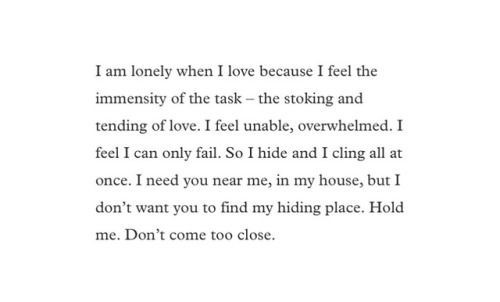


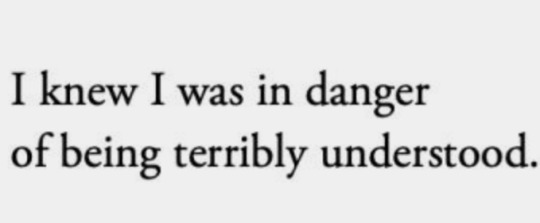



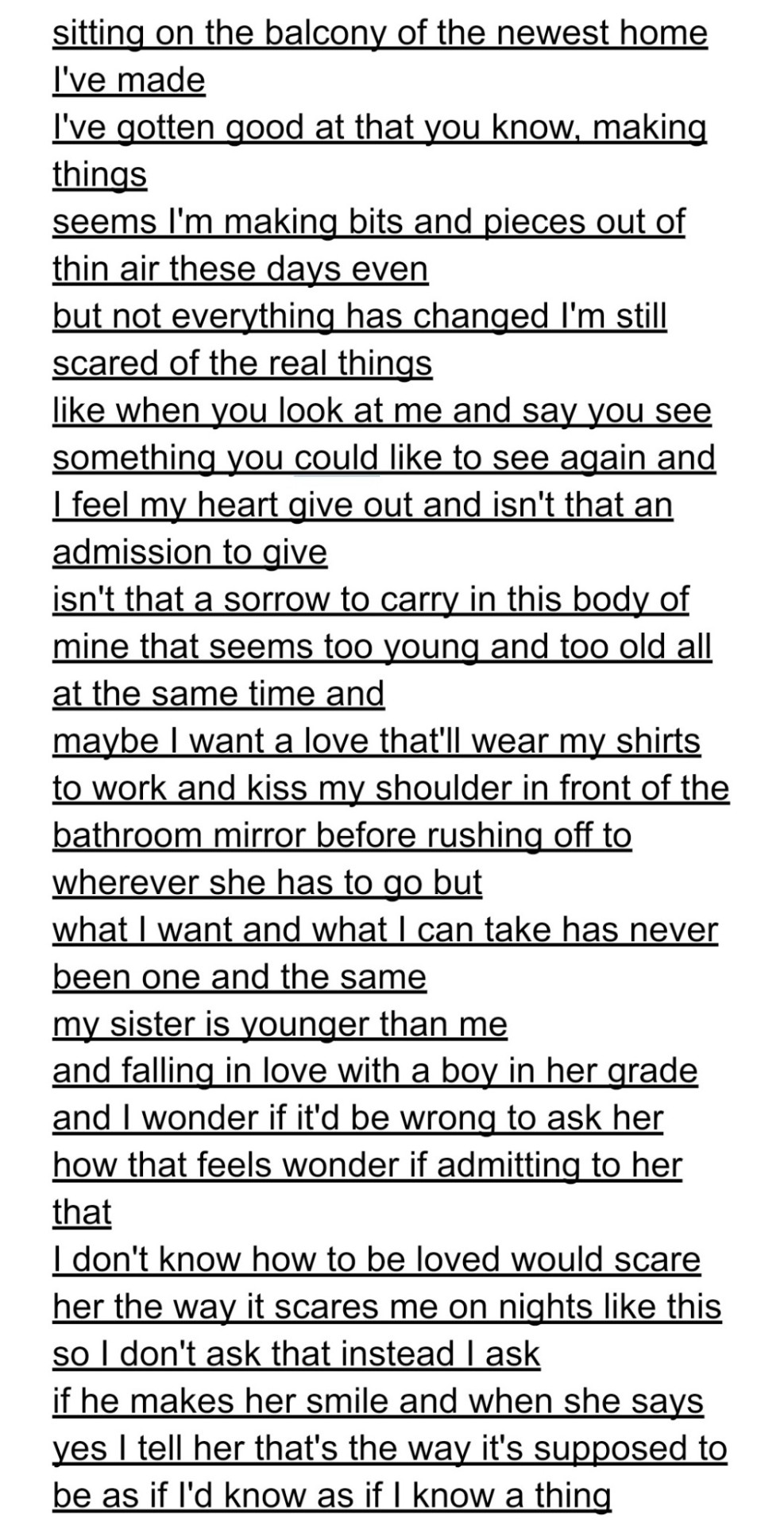
Florence + the machine
Lyrics by daughter / edit by griefmother on insta
Mitski
Stephen Dunn
jeanette winterson
The Amazing devil
Eagles
Virginia Woolf
Butchrat / my own writing
Sue Zhao
#florence and the machine#sue zhao#Virginia Woolf#Griefmother#Daughter#original writing#original poetry#web weaving#lesbian#poetry#wlw#words#lgbt#gay#art#music#poem#love#attachment#attachment trauma#Fear#Fear of love#Abandonment#self destruction#mental illness#Sad
55 notes
·
View notes
Text

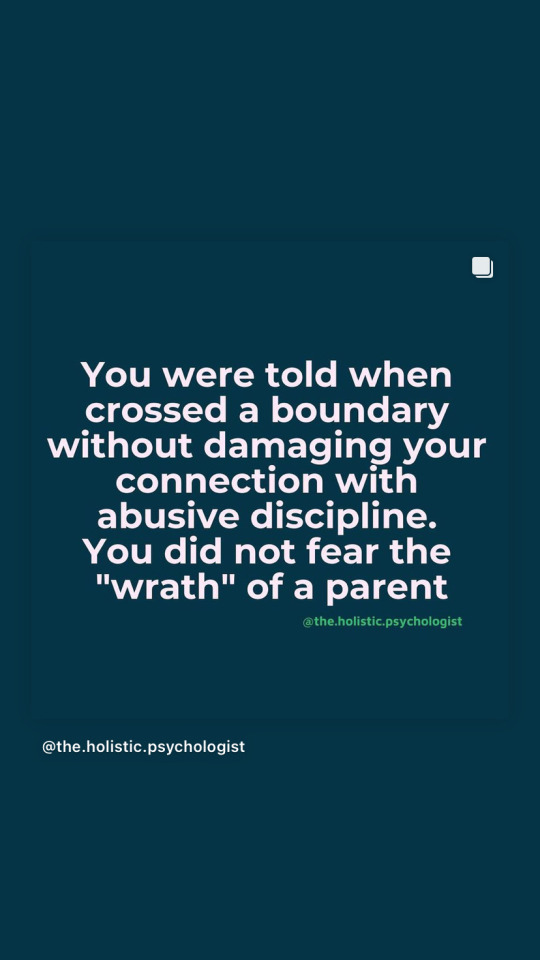
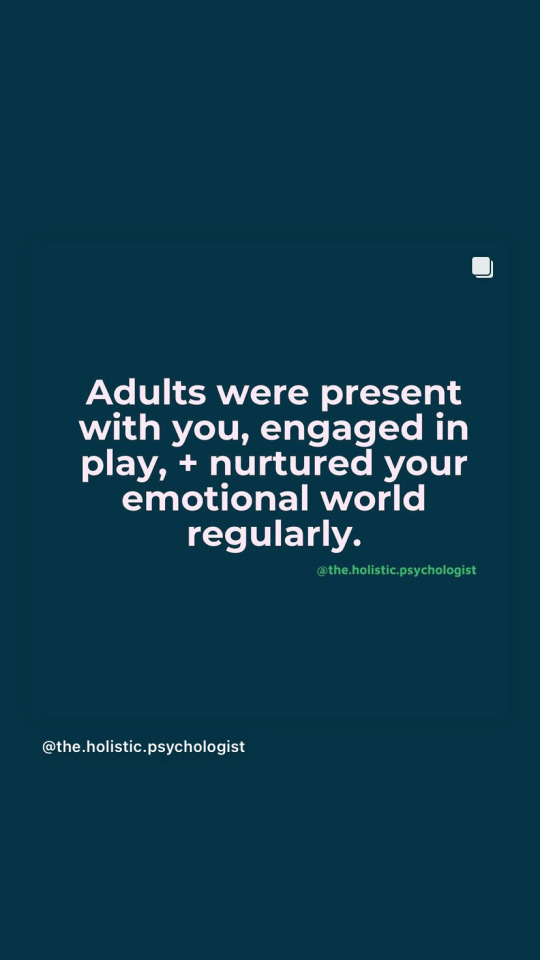



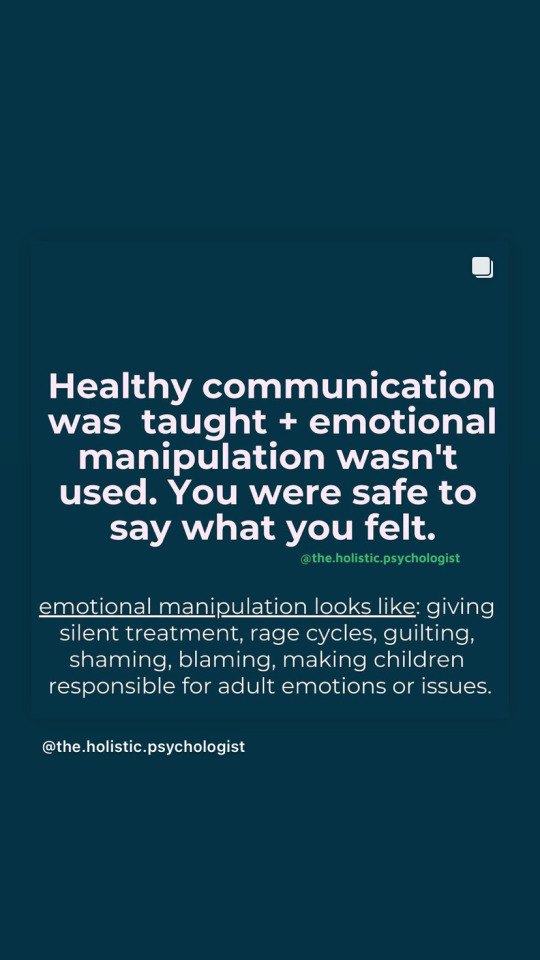

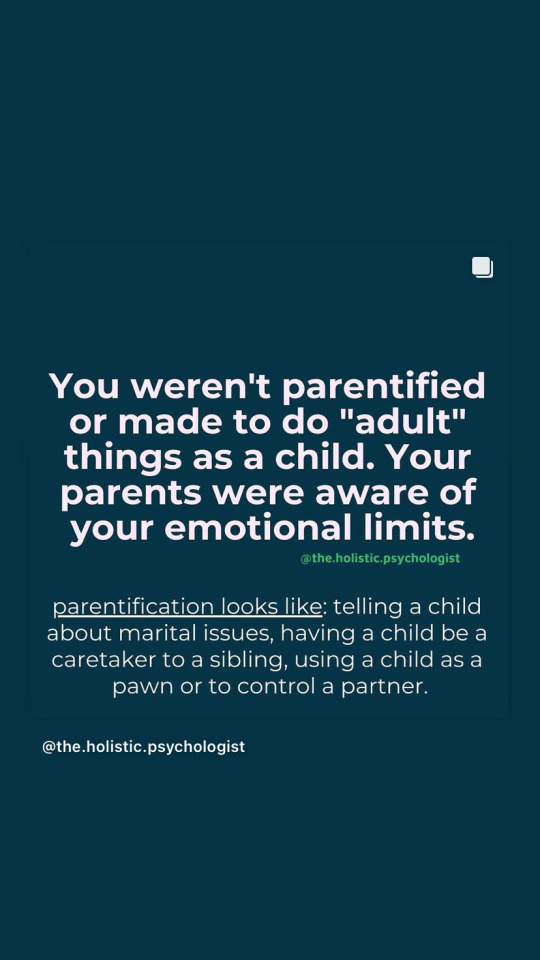

#inner child healing#reparenting#childhood trauma#developmental trauma#attachment trauma#healing from abuse#emotional abuse#narcissistic abuse#psychological abuse#dysfunctional family
169 notes
·
View notes
Text
youtube
Let's talk about anxious attachment - everything from the anxious attachment styles or why you may be feeling anxiety with your girlfriend, boyfriend, friend, parents or any relationship in your life. We can often have anxious attachment in our relationships - either in intimate relationships or in our friendships. So how do we know if we have anxious attachment and what does it look like in our life? Let's talk about what anxious attachment is, the signs you may have anxious attachment and how to heal from anxious attachment - or what to do if you struggle with anxious attachment or codependency in your relationships. Anxious attachment isn't always the same as being codependent but may have some similarities. It's important to understand anxious attachment if you're looking for healing techniques or to break unhealthy relationship patterns in your life. Here are the 7 signs of anxious attachment.
I am also launching an attachment workshop (both a LIVE and pre-recorded version) which will help you get to the root of your anxious attachment and provide effective ways to heal from it. To sign up for my attachment workshop, visit here: https://katimorton.com/the-shop
#anxious attachment#attachment issues#attachment#unhealthy attachments#attachment theory#attachment trauma#attachment styles#psychology#mental health#mental heath support#relationships#kati morton#kati therapist#therapy#Youtube
29 notes
·
View notes
Text
Invalidating your own trauma
A "nugget" from a recent therapy session that I keep coming back to...
My therapist said that a good way to look at your own trauma is through the lens of someone who didn't experience it that way.
Because our childhood trauma is normal to us, as it's often all we knew as kids as we're often in cultural bubbles. So our friends, cousins, etc often have similar childhoods to our own, so it can feel like that's what almost the whole world is like. But it's not, of course.
They said that when someone had a mom that drank everyday, they often will feel like 'everyones' mom drank too often/too much. And they can point to things like how you can walk into retail stores and find baby onesies that say "I'm the reason mommy needs wine." to show that it is "normal" to drink all the time. So they might feel like having a mother with a drinking problem is something they shouldn't have trauma over. But to me, someone who had a mom who almost never drank, and who I have literally never seen drunk even once - it's SO understandable to me that having your mom rely on drinking as a coping method, or worse - be an outright drunk, could be scary and damaging. They are going to lack emotional presence, you may not feel like they are 'in control' in the ways they should be, you might be afraid of them, you might feel like you have to step up to take care of things when they're drinking. You are likely to think its normal/healthy to use alcohol do deal with big feelings rather than learning healthier methods. Of course that's traumatic!
And for me..."normal" is having a parent who doesn't ever connect with you on a deep emotional level, who regularly is frustrated with you for needing anything from them, it's feeling emotionally alone your whole childhood, not going to anyone as a child when bad things happened to you because you knew the support wasn't there. It's being desperate to be 'good' and a severe people pleaser yet still routinely getting yelled at and otherwise punished for making age-appropriate, human mistakes despite trying your best. It's having to shut down your feelings regularly as you weren't allowed to be angry, hurt or sad in most cases but especially cases that involved your parents' behavior, and being ignored or rejected on the few instances where you were so desperate as to ask for help. It's walking on eggshells to try to avoid angering the adults in your lives because if they got upset, you couldn't feel safe.
I have no idea how common it is. But there are people who grew up with parents who they could go to when they had a problem with a friend at school. Or when they were scared of the dark. Or when they were sexually abused. Or when they started their period for the first time. There are children who grow up being taught how to feel their feelings not shut them down or avoid them. Who don't think twice about taking up space, because they've never had routine experiences that taught them that they needed to be 'small' to be safe. And those people would see my idea of 'normal' childhood and go gosh, of course that is damaging! Maybe even 'I can't imagine having been a child and not feeling like I could turn to my parents when I was scared/hurt/upset! That's wild!" rather than be like me and think 'that's just how it is, I shouldn't be hurt by this.'
#childhood trauma#cptsd#my posts#therapy#childhood emotional abuse#childhood emotional neglect#developmental trauma#insecure attachment#attachment trauma
14 notes
·
View notes
